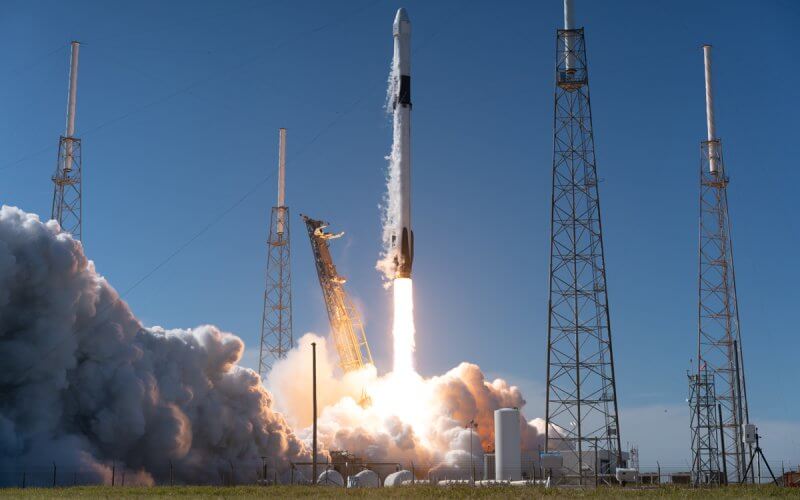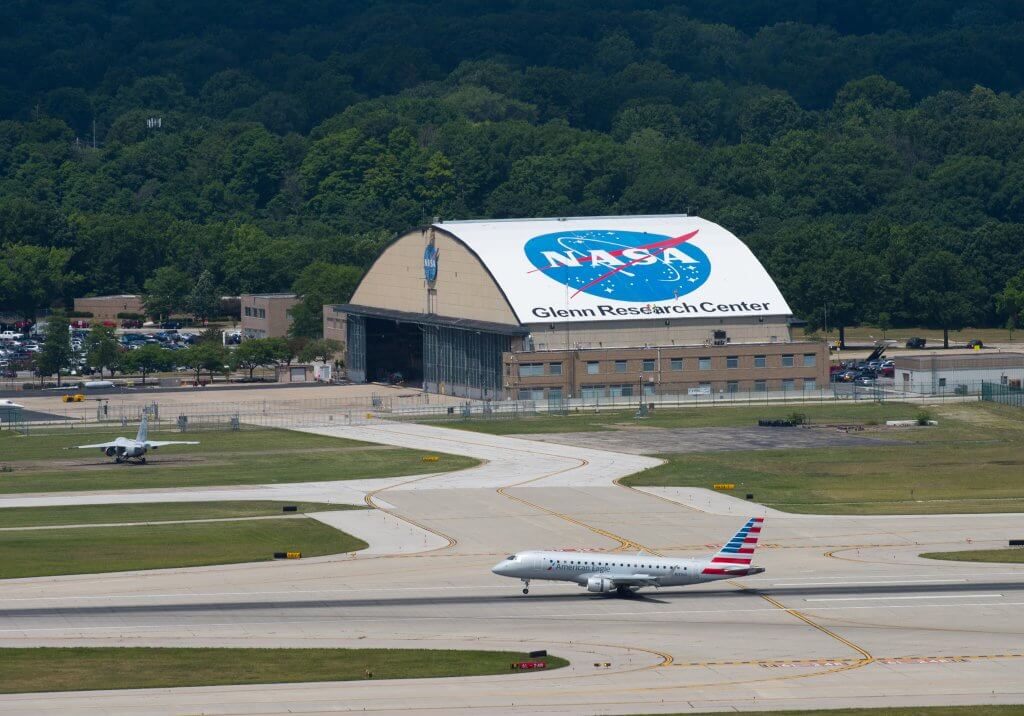
Cal State Fullerton has been awarded a nearly $5 million NASA grant to launch the new SpaceIgnite Center for Advanced Research-Education in Combustion to prepare a diverse workforce in the aerospace industry.
As part of the grant project, the SPARC Center will build capacity in aerospace research to support future space exploration missions and boost the number of underrepresented students in STEM careers, said Haowei Wang, professor of mechanical engineering, who is directing the grant project.
The SPARC Center will introduce students to the aerospace industry through new courses and participation in research experiences at CSUF, Clemson University and the University of Washington.
Students will also have the opportunity to intern at the NASA Glenn Research Center and engage in activities with industry partners to develop professional networks.

According to the Bureau of Labor Statistics, the global aerospace market is projected to grow from $321.5 billion in 2022 to $678.17 billion by 2032, Wang shared.
“A tremendous number of new career openings will arise in this field, such as the application of sustainable aviation fuels,” he said. “Southern California is a hub for the aerospace industry with companies such as Boeing and SpaceX. Our students will have a unique advantage in seizing these job opportunities.”
Plans also include creating a focus area in aerospace engineering for the university’s bachelor’s degree program in mechanical engineering and building a pipeline for students to enter doctoral programs at the two partner institutions and other top-tier research universities.
Additionally, the center will offer research experiences to STEM (science, technology, engineering and mathematics) students at Santiago Canyon College and encourage them to transfer to CSUF.
“These efforts will help increase the number of underrepresented students who earn a STEM degree, propel interest in careers at NASA or the aerospace industry and diversify the workforce,” Wang said.
Co-directing the five-year grant project, which starts Oct. 1, are CSUF’s Chean Chin Ngo, chair and professor of mechanical engineering; Jidong Huang, chair and professor of electrical and computer engineering; and Megan Drangstveit, director of Project RAISE.
The Department of Mechanical Engineering in the College of Engineering and Computer Science currently offers several aerospace-related courses such as Aerodynamics, Propulsion Systems and Combustion, Wang said.
The SPARC Center plans to build upon the curriculum by developing new courses in space technology, space flight, orbital mechanics and thermodynamics, which relate to the properties of gas mixtures and combustion processes.
High-pressure combustion and supercritical oxidation research is essential in the aerospace industry to optimize the performance of aircraft and space vehicles, explained Wang, whose research interests focus on combustion and education.
“Our research aims to better understand the injection and mixing process of supercritical fluids to improve aircraft engine efficiency at high pressures,” he said.

At the NASA Glenn Research Center, faculty and students will have access to the Cleveland, Ohio, facility to learn about supercritical water oxidation reclamation. With this new technology, reclaimed water secures the water supply for long-duration space exploration missions, Wang said.
Wang hopes that these efforts will spark student interest in the aerospace field and ignite their future careers.
“I am confident that through the SPARC Center, students will learn about leading technology in the aerospace industry, acquire technical skills and develop an innovative spirit to become leaders in the aerospace industry.”
The NASA award was made possible through the Minority University Research and Education Project Institutional Research Opportunity (MIRO) grant, funded by the agency’s Office of Science, Technology, Engineering and Mathematics Engagement.